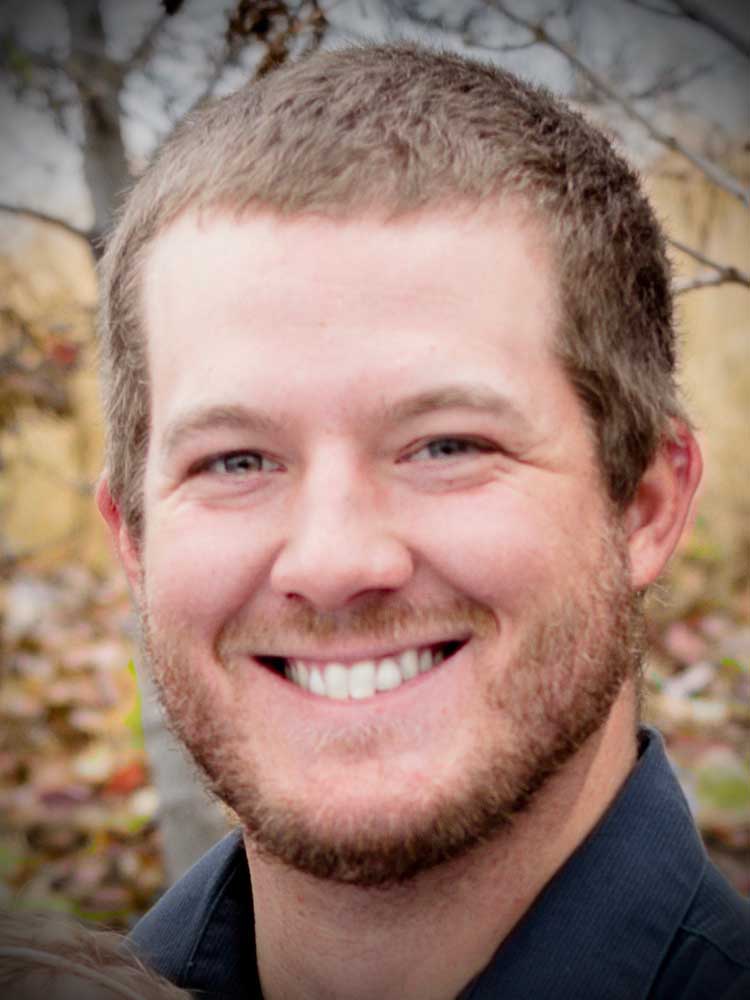Facts about the unspoken epidemic — despair
Published 6:00 am Wednesday, December 2, 2020

- Patton
Due (in part) to medical advances and better life style choices, the average life span of Americans has dramatically increased in recent years. The years 1959-2016 saw the average life span grow by nearly a decade, and we’ve now grown accustomed to this longer average life span as well as the cultural and political consequences of it.
However, many people are unaware that the average life span actually decreased for three consecutive years between 2014 and 2016, and we are again seeing a surge in deaths of young people that will again lower the average American life span. The underlying reason for this is a cluster of causes of death known collectively as “deaths from despair.” Deaths from despair include drug overdose, diseases related to alcohol abuse and suicide, and stem from a variety of causes ultimately rooted in feelings of hopelessness. Unfortunately, this epidemic is mostly impacting men in the prime of their life, and the mainstream media has been relatively silent on this critical issue.
Despair is a difficult thing to understand. According to Psychology Today “Clinical despair can be conceptualized as a profound and existential hopelessness, helplessness, powerlessness and pessimism about life and the future.”
Victor Frankl, a holocaust survivor, neurologist, psychiatrist and author of the book “Man’s Search for Meaning”, explains that “despair is suffering without meaning.”
If we consider these psychological definitions of despair and consider the increasing trend of deaths from despair in America, we necessarily conclude that there has been an increase in meaningless suffering within our nation. People are turning to drug and alcohol use, or, tragically, taking their own lives. You might be shocked to learn that suicide is the No. 2 cause of all deaths for men under the age of 45, second only to unintentional injury, according to Medical News Today. In 2017 alone, an estimated 150,000 American lives were lost due to despair. For comparison, around 58,000 American soldiers died fighting in the entire Vietnam War.
The coronavirus pandemic has been exacerbating feelings of despair and hopelessness. Economic lockdowns have been imposed with seemingly regard for the psychological impact they have and the consequences are now becoming apparent. According to the federal Center for Disease Control and Prevention during a late-June survey, 40% of U.S. adults reported struggling with mental health or substance abuse. Additionally, 31% reported anxiety or depression symptoms, 13% started or increased substance abuse, 26% exhibited trauma/stressor-related disorder symptoms and (most concerning of all), 11% of U.S. adults seriously considered suicide. Breaking down these numbers further, 25.5% Americans aged 18-24 and 16% of Americans aged 25-44 had seriously considered suicide within the past 30 days.
Those numbers are staggering. Unfortunately, our elected leaders and national media outlets have shown little concern for these stats in light of the coronavirus panic, demonstrated by the fact that we’ve yet begun another round of economic lockdowns. Ordinary Americans impacted by despair know that the lockdowns are causing harm, but not many in positions of power are talking about the actual risk to lives of these policies.
We need to start talking about these things together, as a community. The longer that this information hides in the darkness, the stronger its power grows. We need to guard ourselves and our beloved friends, family and neighbors against the feelings of despair that creep into our lives before it’s too late. This trend of tragedy will maintain its foothold as long as people continue to suffer in silence.
Aside from actively engaging with those around us, the best thing we can do is to create meaning in our own lives in as many ways as we can. When our meaning comes from one source, and then that is taken away from us, it is exceedingly difficult to combat feelings of hopelessness and fear. If all your meaning comes from your work, maintaining a certain lifestyle, or a full social calendar, when an economic lockdown threatens that there isn’t much to protect your psyche. We need to take an active role in finding a strong sense of meaning in our lives, and if you’re someone who already has done this then you can play a role in identifying and aiding those who are more at risk.
In an age of social media and busyness that limits our ability to connect deeply with people, it can be hard to identify people who are struggling. If you are one of those people, reach out. And if despair isn’t a problem for you, it is likely a problem for somebody you know. Guard yourself from it by building meaning into your life in as many ways as possible, and help others by helping them build meaning into their lives. Life is full of pain and hardship, but suffering is a choice.
Viktor Frankl, no stranger to pain and suffering, reminds us that “between stimulus and response there is a space. In that space is our power to choose our response. In our response lies our growth and our freedom.”








